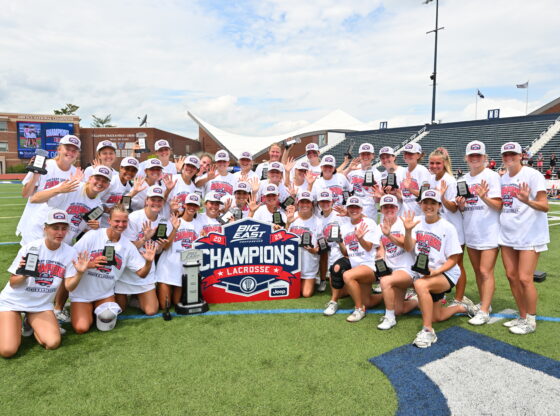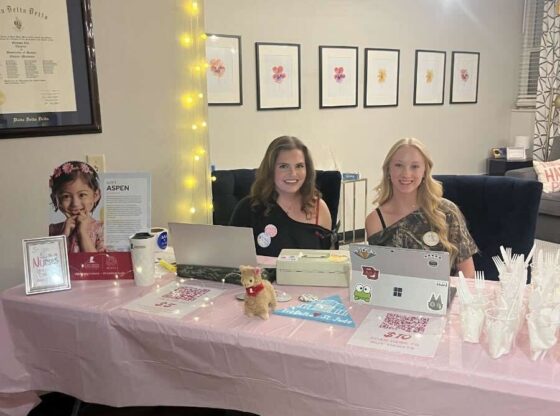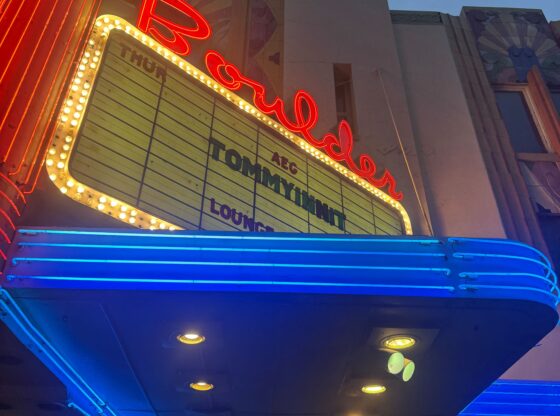Paula Rhoads Hook thought her 15-year career in media was over when she cracked her head and suffered a massive brain injury that took a long time to heal.
Yet now she is a successful TV show producer at Denver Open Media. She produces a talk show, “Brainiacs,” that highlights the struggles of those who were born with or suffered brain trauma.
Serving as a local public access television station, Denver Open Media (DOM) has made hundreds of dreams come true for residents in the Denver area. It is a media outlet that enables anyone to produce and broadcast almost anything they want.
Emmanuel Eliason also recently became a TV producer at DOM. Eliason is the founder and senior pastor of World Gospel Tabernacle in Aurora.
He was struggling to gain publicity for his church until he heard about the public access television.
Though he knew nothing about video production, Eliason was able to launch a Sunday broadcast of his sermons, entitled “World Gospel TV,” and produce a documentary on his church.
Hook and Eliason come from vastly different backgrounds, yet they have both turned to DOM in an effort to be heard by the Denver community.
Adrienne Russell, a professor in the Department of Mass Communications and Journalism Studies, is an expert on self-produced media.
She moderated a workshop last Thursday that explored public access television.
The workshop was on of several held at the Cable Center in conjunction with awarding the Anvil of Freedom award to Renee Montagne, host of Morning Edition at National Public Radio, for her work in seeking and telling stories of people outside the public limelight.
“New media sources like Denver Open Media allow for the proliferation of amateur media video development and truly diverse forms,” Russell said.
“Most television is having trouble breaking the mold from the traditional form of journalism, but Denver Open Media is breaking that mold, allowing the public to make the station’s programming and encouraging diversity in form and content.”
The TV station offers a relatively inexpensive venue through which anyone can produce and show a video. DOM’s executive director, Tony Shawcross, said the station strives to be a media outlet for material produced by community members.
Viewers vote on what they want to see and therefore choose the programming.
“The community owns it,” he said.
DOM started operating in 2005, when its predecessor, Denver Community TV, was shut down due to a funding cut from the city and cable provider.
DOM offers production and editing classes to help fund the nonsubsidized public access station. It welcomes a diversity of amateur videos, as long as they show legal content and do not include commercials.
Deborah Lastowka, DOM’s outreach and educational coordinator, distinguishes DOM from other new media outlets, such as YouTube, in many ways.
“Denver Open Media is different because we emphasize community focus of the station’s programming and involvement in ranking the shows, the provision of access to video equipment and educational classes, and the fact that there is no time limit for submitted videos, like there is on YouTube” she said.











